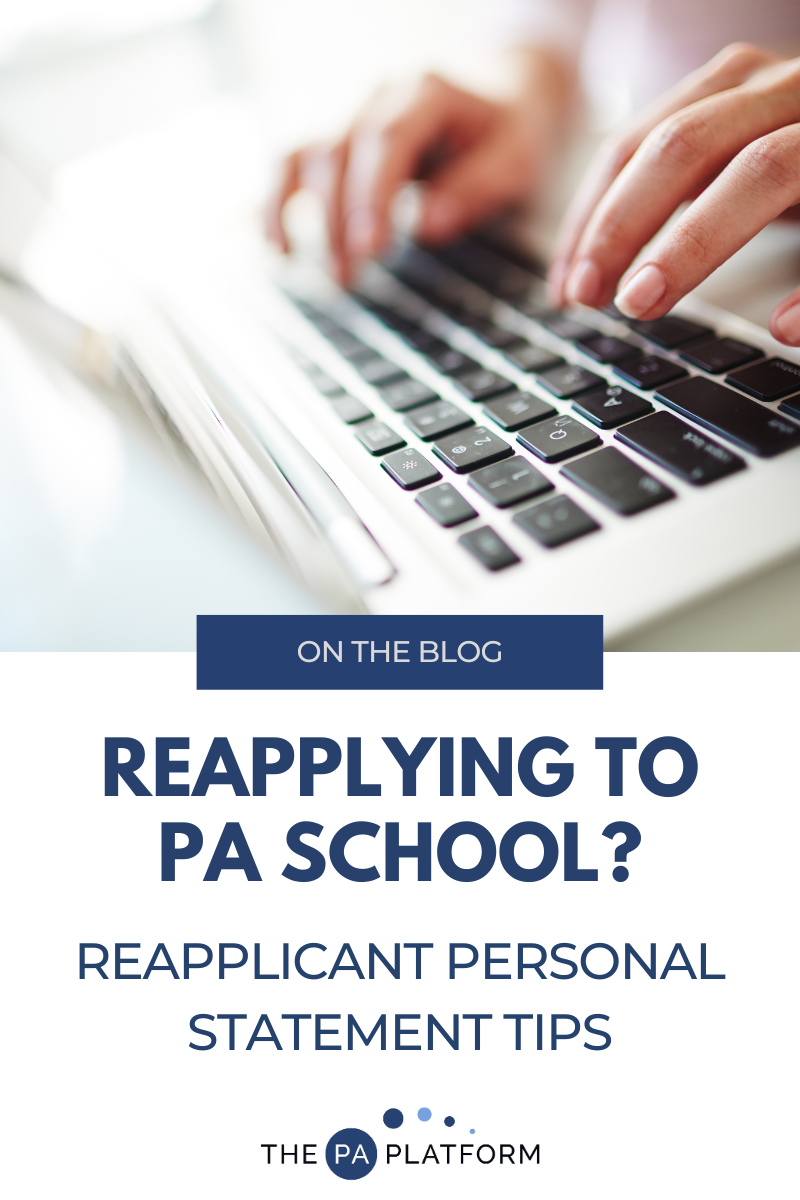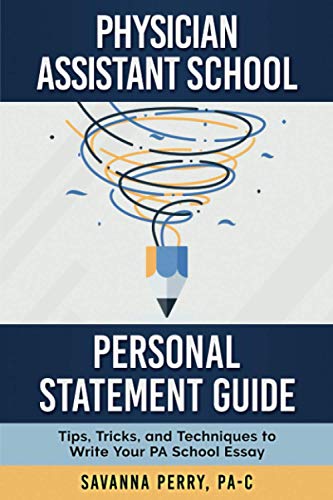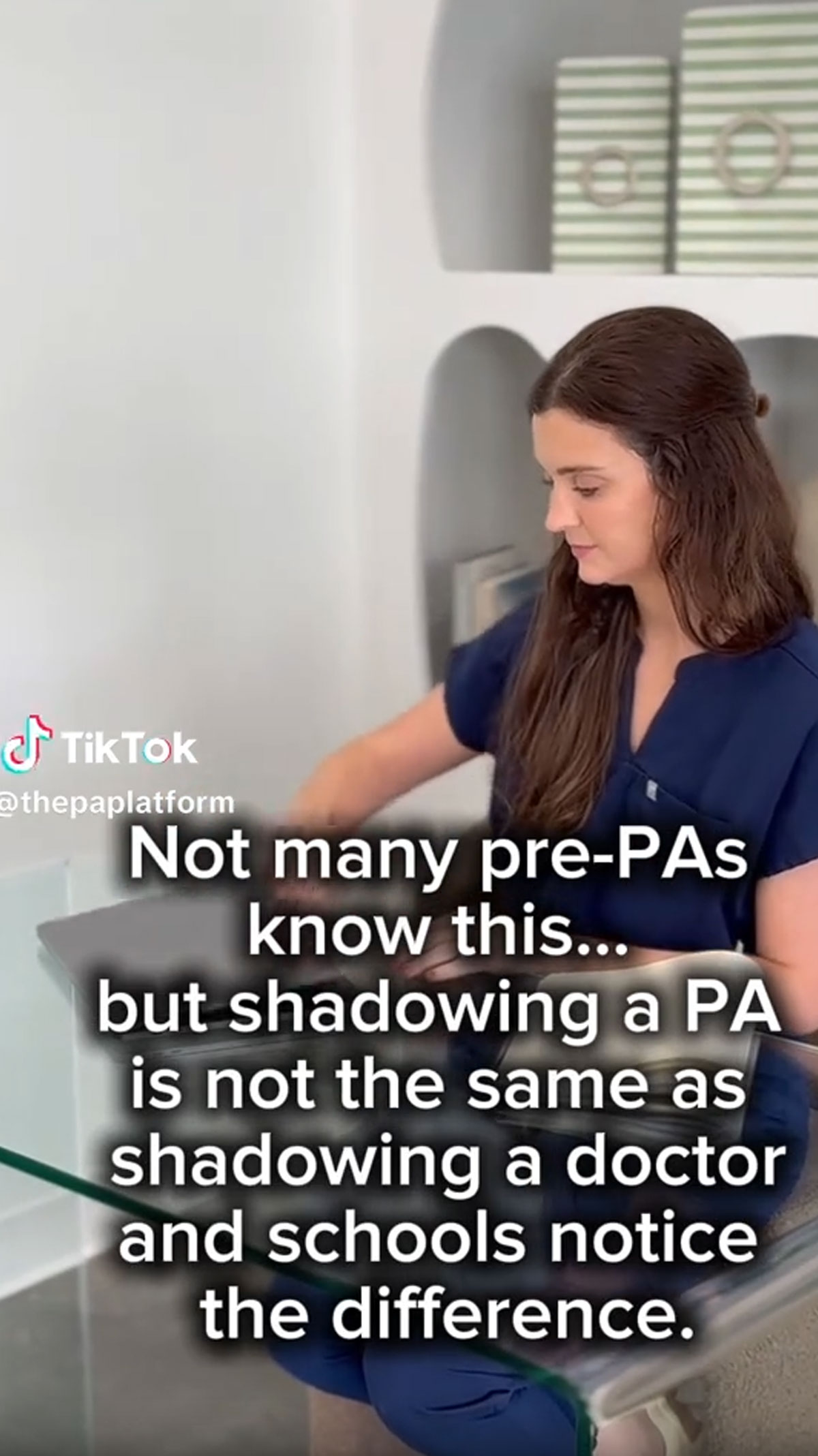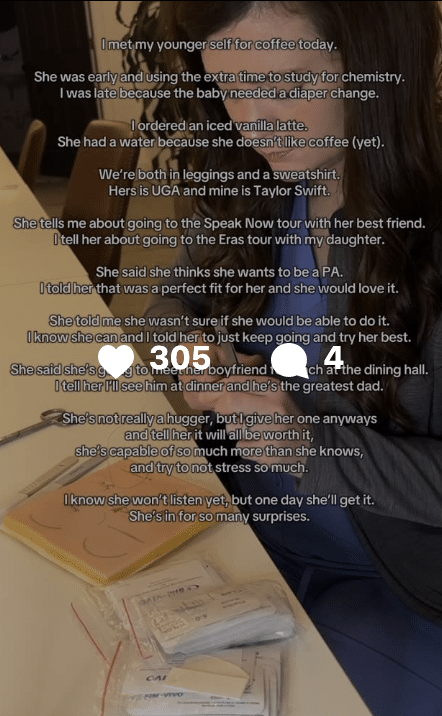
While it can be disheartening to not get accepted to PA school on your first attempt, it’s important to remember that reapplying is an opportunity for growth and improvement. Your personal statement is your chance to demonstrate maturity, address any weaknesses, and showcase your continued dedication to becoming a PA. By making thoughtful revisions to your personal statement and highlighting your progress, you can strengthen your application and increase your chances of acceptance.
DO SCHOOLS LOOK DOWN ON REAPPLICANTS?
Reapplying to PA schools is actually a common occurrence, and many schools value reapplicants. It shows you are determined, committed, and have a strong desire to become a PA. It also shows continued interest in a program if you have applied there previously. However, it’s important to demonstrate growth and improvement in your application between cycles as a reapplicant. You should address any weaknesses that may have contributed to your previous rejections and highlight the steps you have taken to improve. Schools want to see that you have learned from your experiences and have become a stronger candidate. So, while being a reapplicant may not be viewed negatively, it’s crucial to show progress and maturity in your application if applying again.
If you’re unsure of where your application needs improvement, book a session with one of our pre-PA coaches to create a game plan for your next cycle.
DO I NEED TO COMPLETELY REWRITE MY PERSONAL STATEMENT AS A REAPPLICANT?
As a reapplicant, you don’t necessarily have to start over and completely rewrite your personal statement. However, there are a few things you should consider. First, think about whether the schools actually read your personal statement in your previous application cycle. If you didn’t meet requirements or receive any interviews, there’s a good chance they didn’t and you may be able to make fewer changes. But if you received interviews or were waitlisted, it’s a good idea to make some edits because they clearly read it and you want to demonstrate anything that has changed between cycles.
When revising your personal statement as a reapplicant, be honest with yourself. Consider whether your personal statement could have been a factor in why you didn’t get accepted. Seek feedback from others, have them read your statement, and ask for their input. Additionally, you may want to reach out to the programs you applied to previously and ask for feedback on your application. This feedback can provide valuable insights and help you identify areas for improvement.
Remember, your main reasons for wanting to become a PA will likely remain the same. Let’s think about baking a cake. If the cake comes out too dry or lacking flavor, you’ll likely tweak the recipe before baking the next cake. Maybe a little more sugar or less cooking time, but you’re still baking a cake. Your essay is the same idea. The main idea of why you want to be a PA is not likely to change, but the steps and lessons you’ve taken to get there could be different between cycles. The Physician Assistant School Personal Statement Guide has an entire section for Reapplicants along with tons of examples if you need more guidance.
HOW TO DISPLAY GROWTH in YOUR PERSONAL STATEMENT AS A REAPPLICANT
You can focus on reworking your examples and stories to highlight how you’ve grown and taken steps to improve since your previous application. The goal is to address any weaknesses or areas that may have hindered your previous application by showing the steps you’ve taken.
-
Reflect on your previous application: Take some time to review your previous personal statement and identify areas that may have been weak or could be improved. Consider any feedback you received from programs and use it to guide your revisions. Did you clearly convey your passion for the PA profession? Were your experiences and motivations well-articulated? Understanding the weaknesses in your previous personal statement will help you address them effectively in your reapplication.
-
Show growth and improvement: Highlight the experiences and achievements you’ve gained since your last application. This could include additional healthcare or volunteer work, leadership roles, or personal experiences that have strengthened your commitment to becoming a PA. Emphasize how these experiences have shaped your understanding of the PA profession and reinforced your commitment to becoming a PA.
-
Address any weaknesses: If there were any weaknesses or red flags in your previous application, use your personal statement as an opportunity to address them. Explain how you have taken steps to improve in those areas or have gained a better understanding of them. This could include a lack of experience hours or diversity or academic struggles.
-
Show perseverance and resilience: Admissions committees appreciate applicants who demonstrate perseverance and resilience. Use your personal statement to showcase how you have overcome challenges and setbacks since your last application. Discuss how these experiences have strengthened your resolve to pursue a career as a PA and how you have grown as an individual. How have you become a more mature applicant?
-
Be authentic and sincere: Your personal statement should reflect your genuine passion for the PA profession. Avoid using clichés or generic statements. Instead, share personal stories and experiences that demonstrate your unique qualities and motivations.
-
Seek feedback: Consider asking for feedback from trusted advisors, mentors, or PA professionals when revising your personal statement. Their insights can help you identify areas for improvement and ensure that your statement is compelling and well-written. We have an amazing team of editors at The PA Platform and we would love to help make your essay shine.
YOU GOT THIS!
Reapplying to PA school can be a daunting process, but with the right approach you can significantly improve your chances of an acceptance! Remember, reapplying to PA school is a chance to demonstrate your resilience, growth, and commitment to becoming a PA. Use the experience as an opportunity to improve your application and showcase your dedication to the PA profession.













